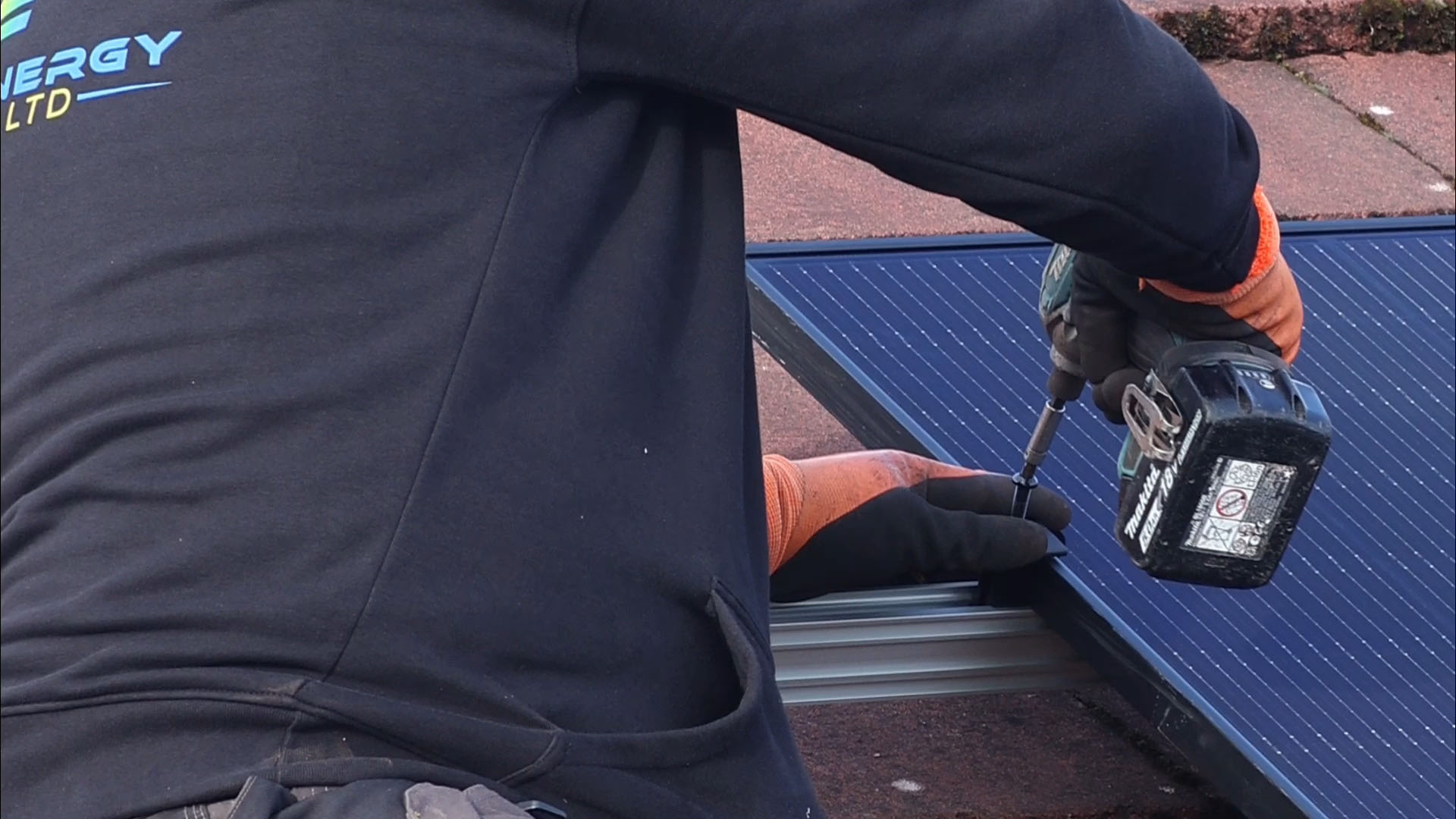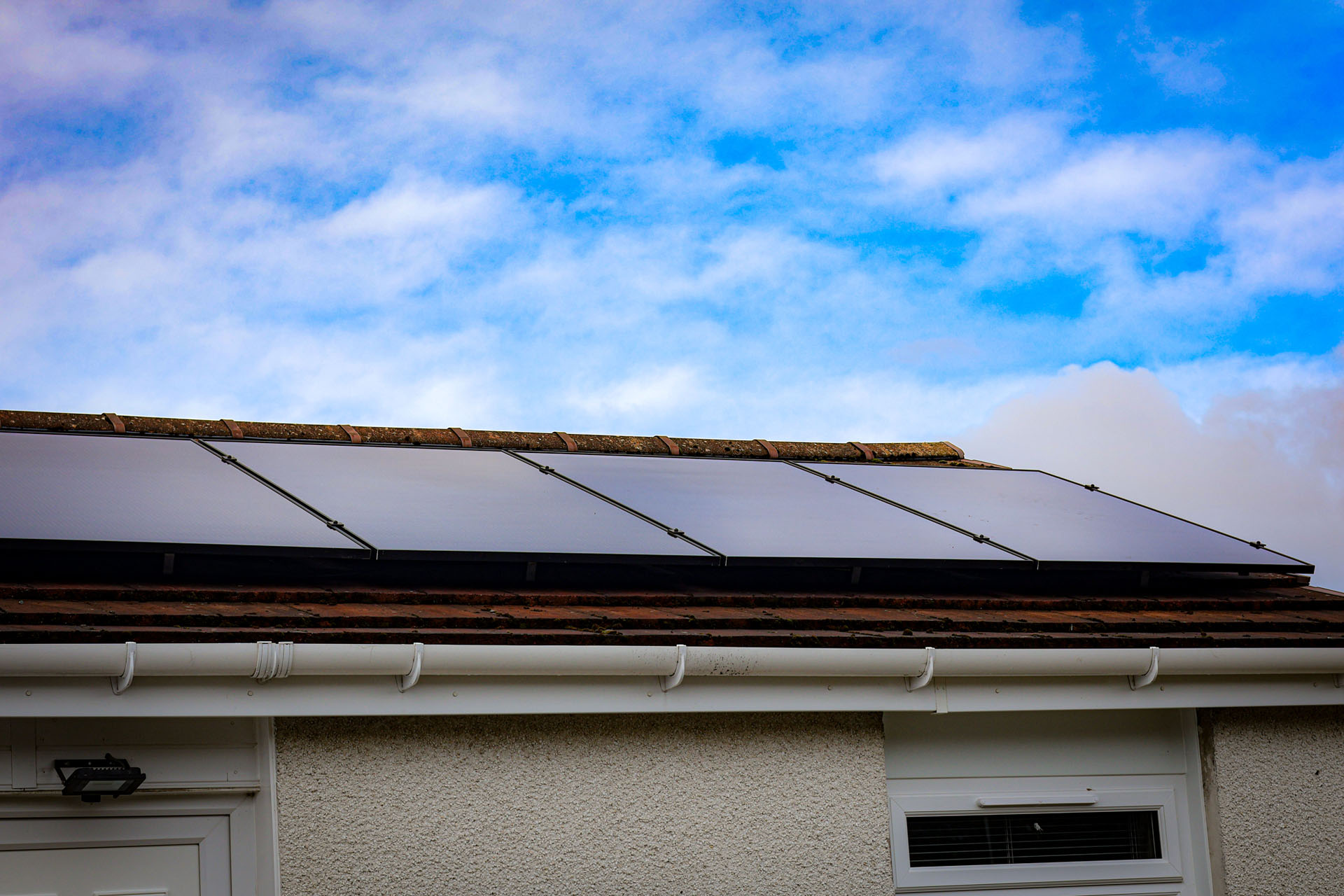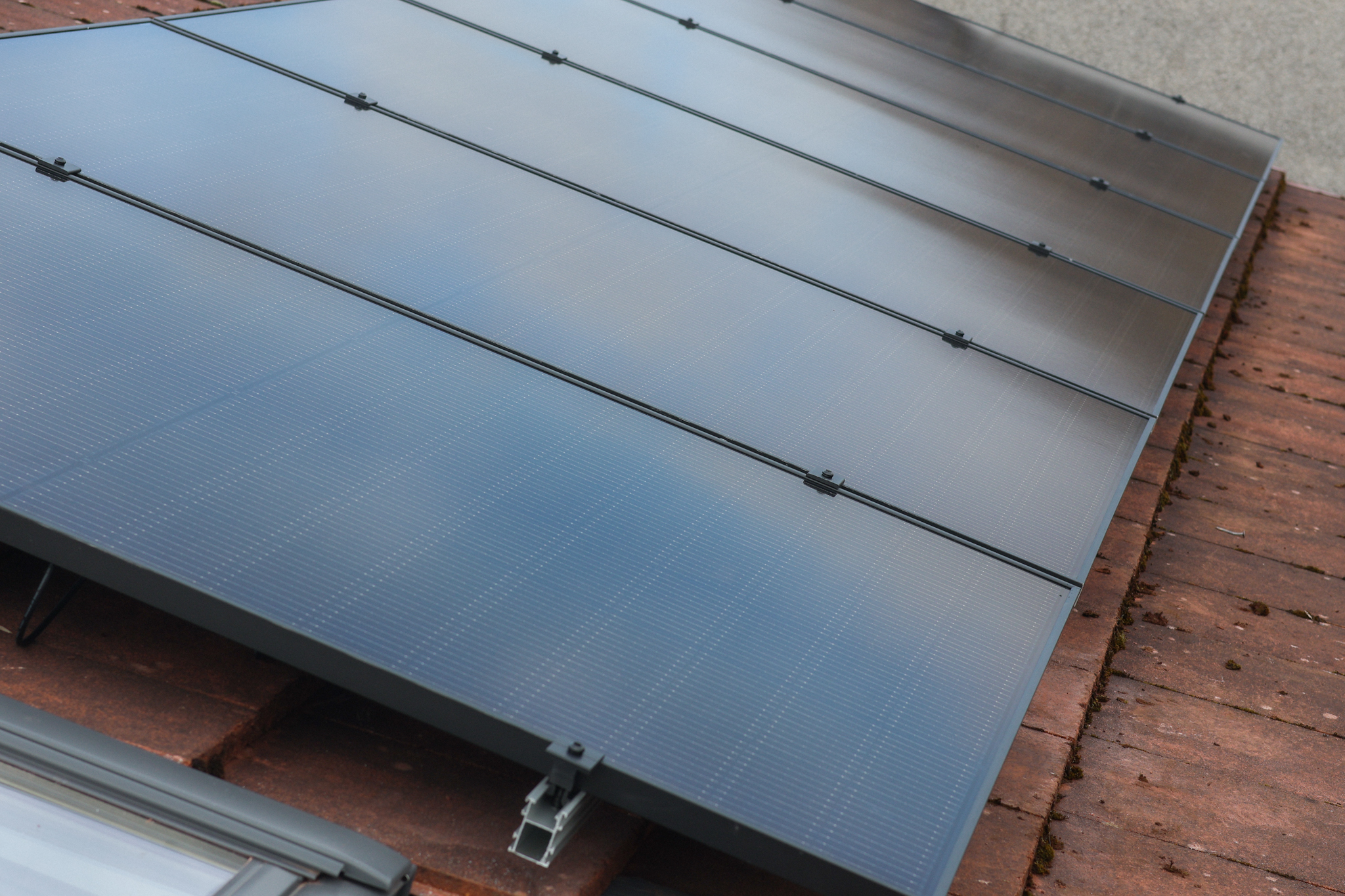Introduction
Solar panels have revolutionised the way we harness energy from the sun. They are an eco-friendly alternative to traditional fossil fuels, providing clean and renewable energy. But how long do these panels last? Understanding the lifespan of solar panels is crucial for anyone considering investing in solar energy.
Factors Affecting the Lifespan of Solar Panels
Quality of Materials
The materials used in the production of solar panels significantly impact their longevity. There are mainly two types of panels: monocrystalline and polycrystalline.
Manufacturing Process
The manufacturing process also plays a vital role. Panels produced under stringent quality controls tend to last longer. Reputable manufacturers who adhere to high standards ensure their panels can withstand various stresses over time.
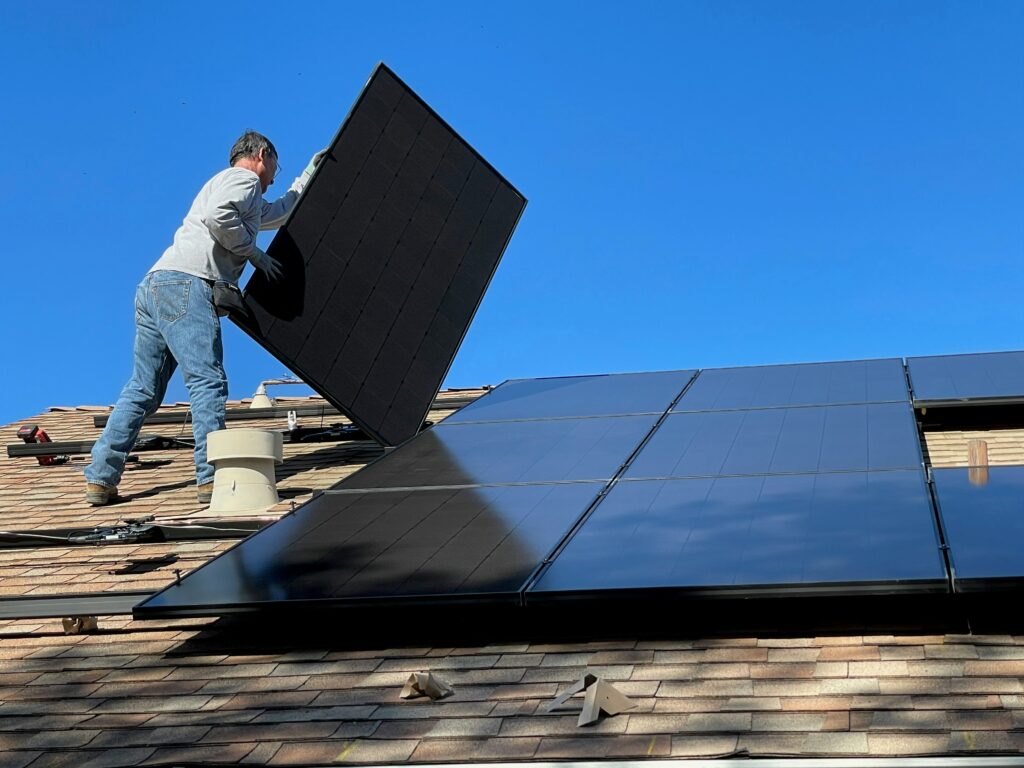
Installation Quality
Proper installation is essential for maximising the lifespan of solar panels. Poor installation can lead to issues such as improper alignment and inadequate sealing, which can reduce the efficiency and durability of the panels.
You can always be rest assured that all of the above are key factors we consider at Source. We use the best suppliers, manufacturers and installers for all of our solar energy systems.
Other Considerations
Weather and Climate
Solar panels are exposed to the elements year-round. Extreme weather conditions, such as heavy snowfall, hail, and strong winds, can cause physical damage. Additionally, high temperatures can accelerate the degradation of panel materials.
Maintenance Practices
Regular maintenance, including cleaning and inspection, helps in prolonging the lifespan of solar panels. Neglecting maintenance can lead to a build-up of dirt and debris, which reduces efficiency and accelerates wear and tear. You will be glad to know that all of our solar energy systems come with a comprehensive aftercare package, so you can rest assured knowing that your panels will last for quite some time.
Typical Warranty Periods
All of our panels come with a twenty-five year working warranty. This generally ensures that the panels will operate at a specific capacity for the lifecycle of your solar energy system. We also offer a ten-year workmanship guarantee as standard on all of our systems.
Extending the Lifespan of Solar Panels
Regular Cleaning
Keeping solar panels clean is vital for maintaining their efficiency. Dust, dirt, and bird droppings can block sunlight, reducing the panel’s ability to generate electricity. Regular cleaning ensures optimal performance.
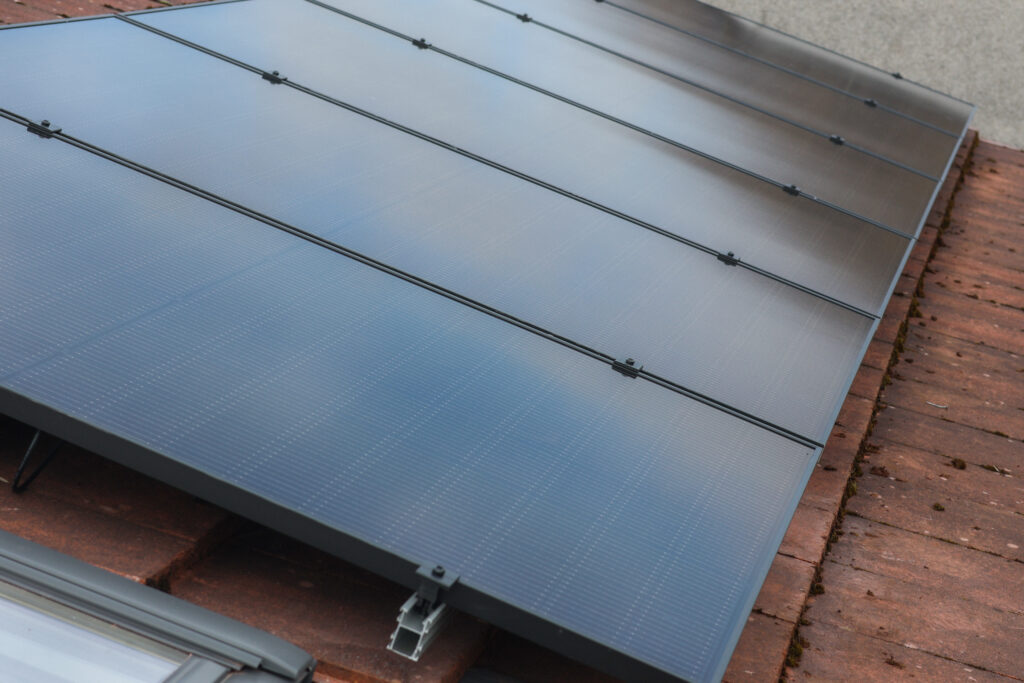
Timely Repairs
Addressing any damage or malfunctions promptly can prevent minor issues from escalating into major problems. Timely repairs help maintain the panel’s integrity and extend its operational life.
Monitoring System Performance
Regular monitoring of your solar panel system helps identify any drops in performance early. Modern systems often come with monitoring software that alerts you to any issues, allowing for quick action.
Signs Your Solar Panels Need Replacement
Decreased Energy Output
A noticeable drop in energy production is a clear sign that your solar panels might be nearing the end of their useful life. Monitoring output regularly can help you catch this decline early.
Physical Damage
Cracks, broken glass, and other physical damage significantly impact the efficiency and safety of solar panels. If the damage is extensive, replacement might be the best option.
Age of the System
Even if your panels seem to be working fine, if they are over 25-30 years old, it’s worth considering an upgrade. Newer panels are much more efficient and can provide better performance.
If you have had any damage to your panels, you can be rest assured our specialist team will be able to assist and get your system back up and running in no time.
Innovations in Solar Panel Technology
New materials and improved manufacturing processes are making solar panels more durable than ever. For instance, some modern panels are designed to withstand extreme weather conditions better, reducing the risk of damage.
Cost-Benefit Analysis of Solar Panel Replacement
Cost of New Panels
While the upfront cost of new solar panels can be significant, the long-term benefits often outweigh these initial expenses. Improved efficiency and reduced energy bills contribute to substantial savings over time.
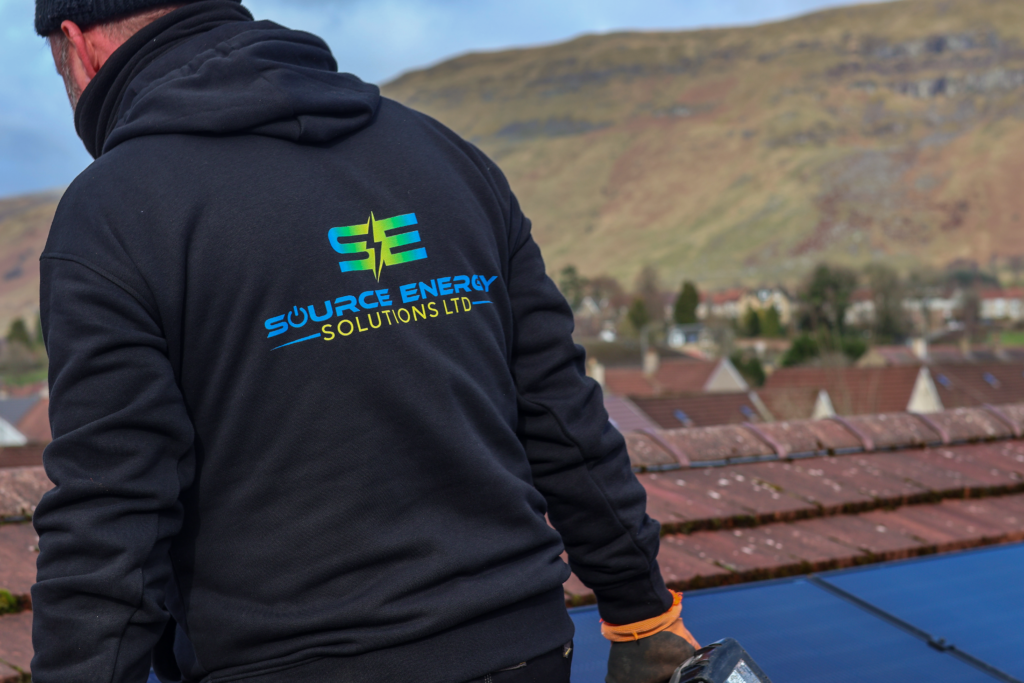
Savings from Improved Efficiency
Newer panels are not only more efficient but also come with better warranties and performance guarantees. This means lower maintenance costs and higher energy production, translating to greater savings.
Environmental Considerations for Solar Panels
Recycling Old Panels
Recycling old solar panels helps mitigate the environmental impact. Many components that are used in the production of them can be recycled and reused, reducing waste and the need for new raw materials.
Sustainable Disposal Practices
Proper disposal of solar panels is essential to minimise their environmental footprint. Following guidelines for safe disposal ensures that hazardous materials do not harm the environment.
Conclusion
Solar panels are a long-term investment that can provide clean, renewable energy for decades. While the average lifespan is around 25 to 30 years, many factors influence this duration. Regular maintenance, timely repairs, and staying informed about technological advancements can help you get the most out of your solar panels. As technology continues to improve, the lifespan and efficiency of solar panels are expected to increase, making them an even more valuable investment for the future.
If you are interested in having a solar energy system installed at your home, get in touch with one of our team today.
